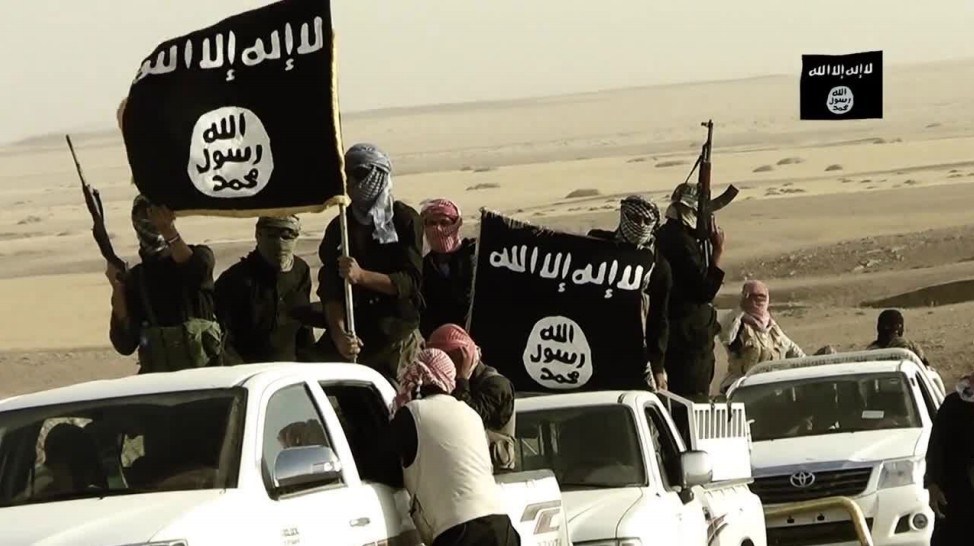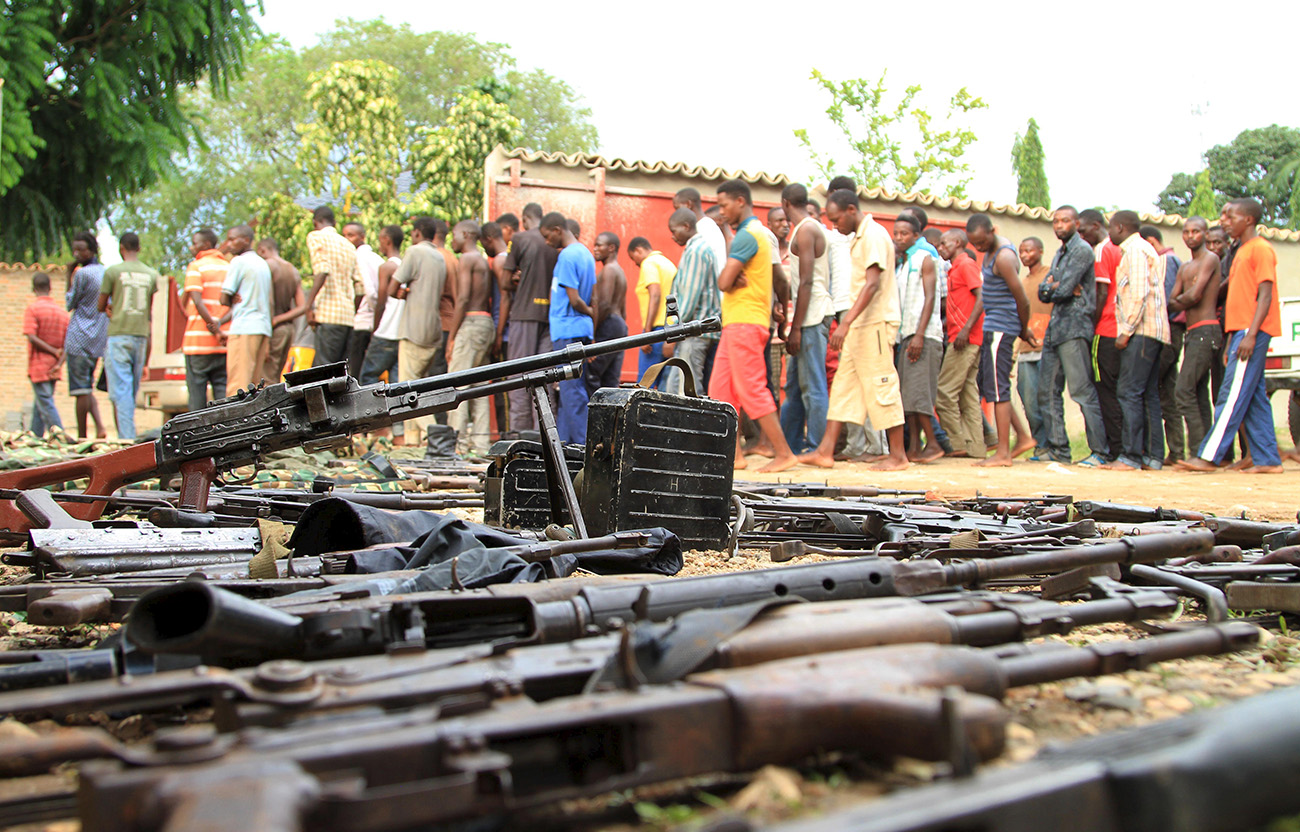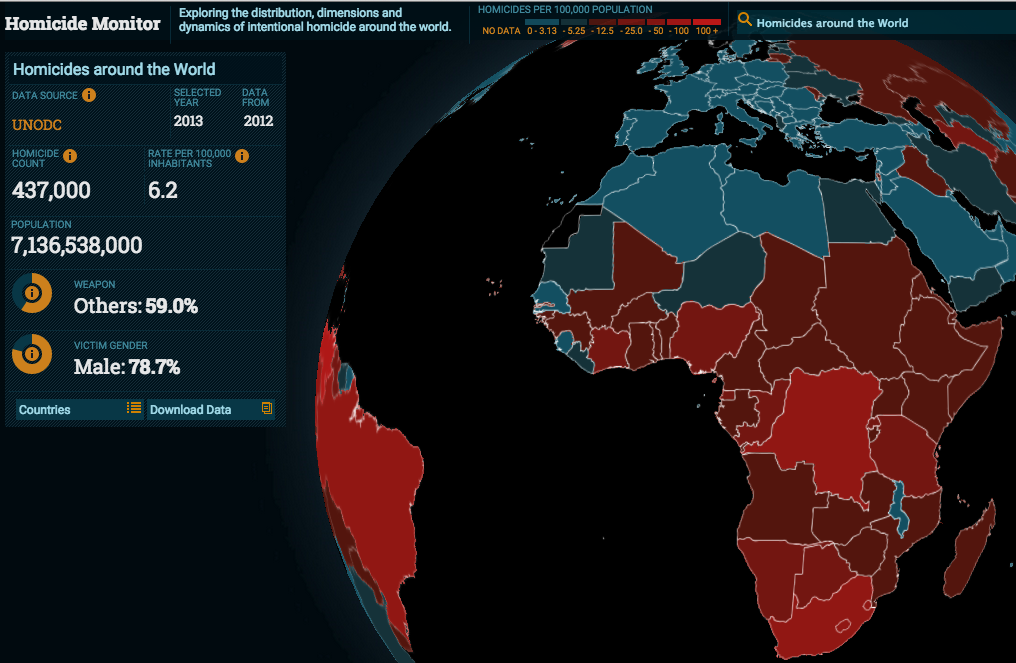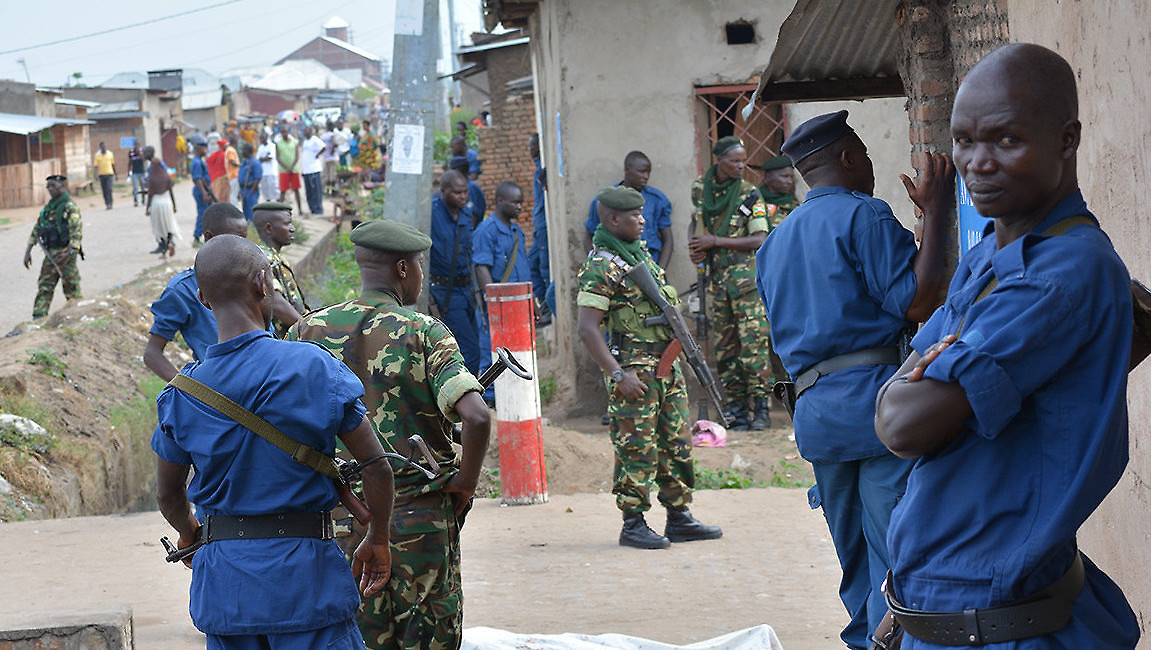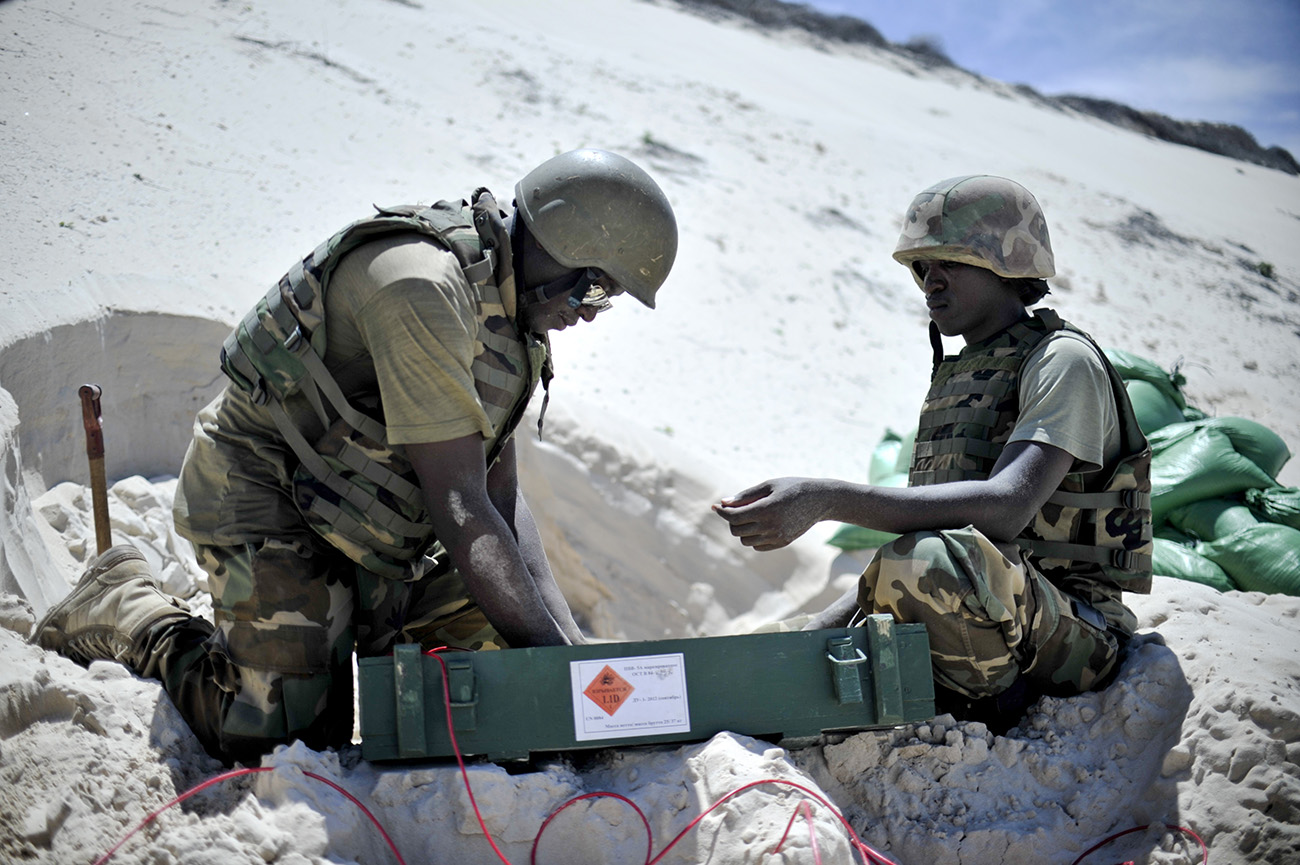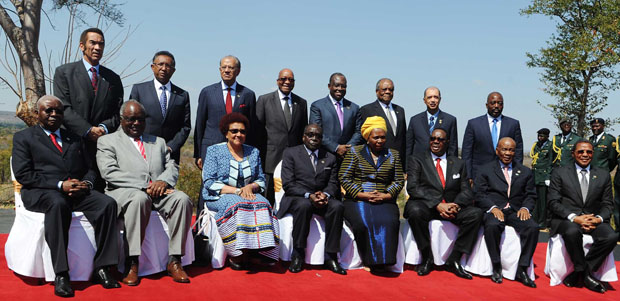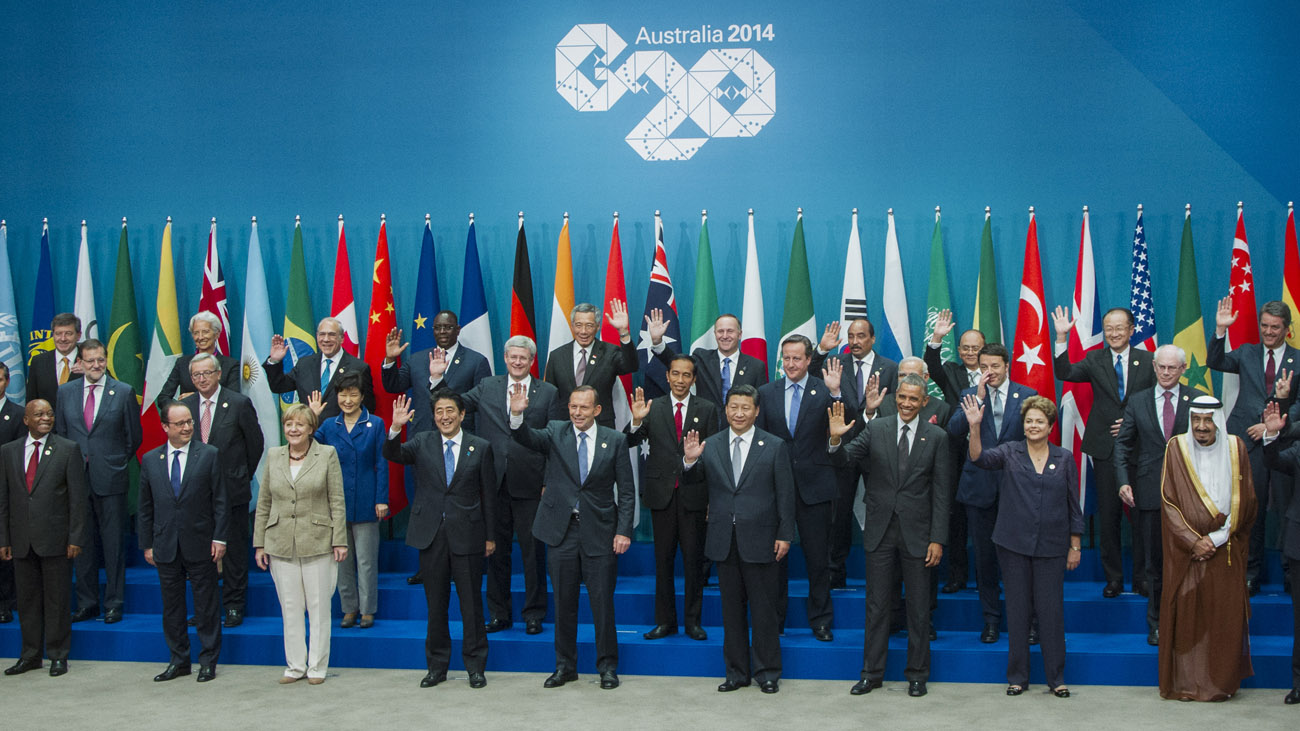Media saturation of threats to global peace and security, the environment, economy, and other sectors can often distort how we view the world. This was highlighted in a comprehensive overview of 2015 featured on the Global Observatory at the end of the year.
With this in mind, the most popular post on the site in 2015—an update of the International Peace Institute’s (IPI) Catalogue of Indices—provided readers with some much-needed empirical grounding for their assessments of current challenges and opportunities. It joined a timely comparison of the respective narratives of so-called Islamic State (ISIS) and al-Qaeda extremists, and two special reports on the quickly evolving nature of African Union peacekeeping, among our list of top 10 reads for the year.
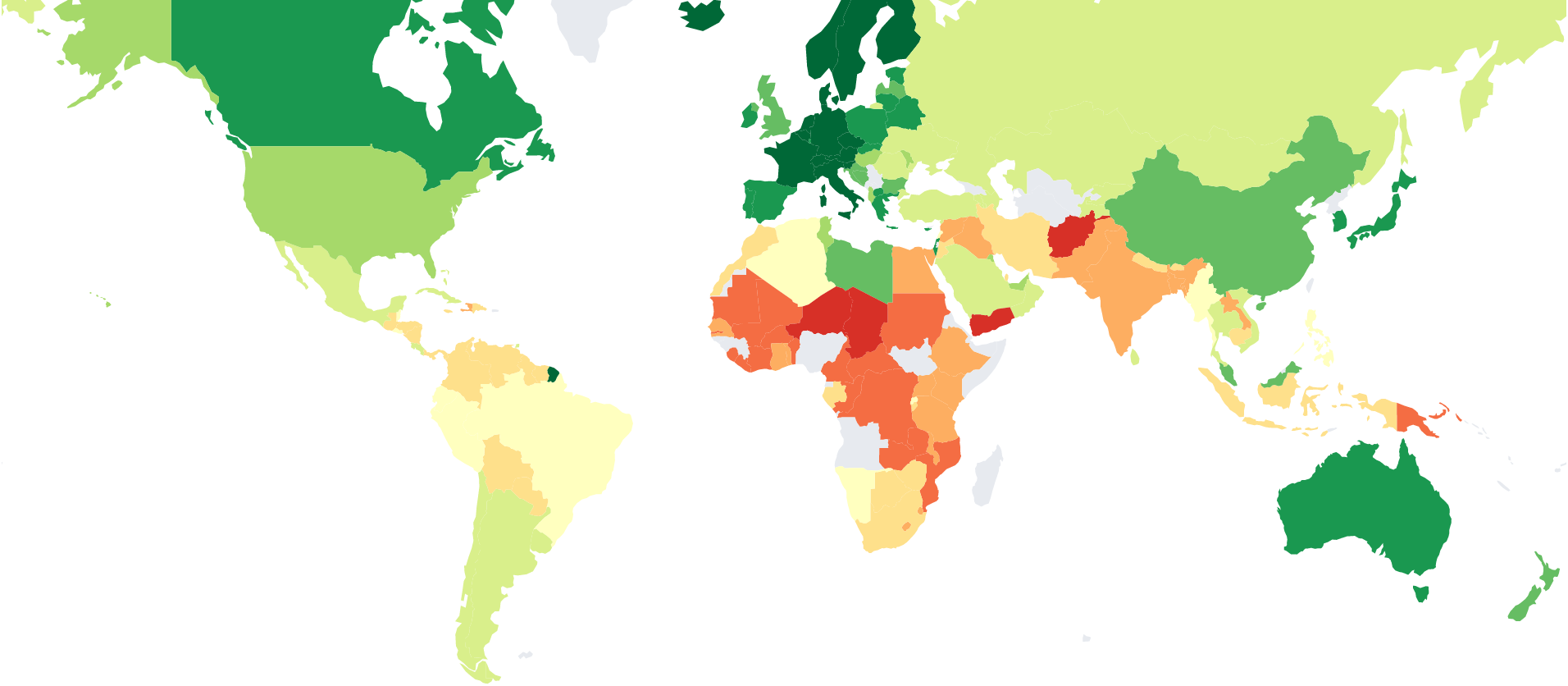 Indices Map Measures Change in the World
Indices Map Measures Change in the World
In April, IPI Data Lab Administrator Thong Nguyen provided a comprehensive update on the Catalogue of Indices, a compendium of measures of state performance in areas including levels of conflict, peace, happiness, and gender equality. The catalogue covers more than 60 indices and indicators developed by institutions such as think tanks, non-governmental organizations, and universities. As Nguyen explained, these measures “give us approximations of where goals have been achieved and where more work needs to be done.”
A Tale of Two Jihads: Comparing the al-Qaeda and ISIS Narratives
Given the focus on the lure of extremist groups such as ISIS and al-Qaeda during 2015, it was no surprise that a comparison of their respective recruiting narratives was popular. As well as exploring the key differences between the two, Naureen Chowdhury Fink and Benjamin Sugg from the Global Center on Cooperative Security outlined possible international responses. For al-Qaeda, these included highlighting its poor treatment of Muslims and its fractured leadership; for ISIS, it meant focusing on the group’s inability to meet its purported “standards of leadership and governance.”
The African Union’s Coercive Diplomacy in Burundi
George Washington University Professor Paul D. Williams made a big impact at the end of the year with his look at the African Union’s proposed intervention in Burundi, which continues to experience conflict arising from President Pierre Nkurunziza’s successful third-term campaign. Written before the regime’s forceful reaction to that proposal, Williams argued that the threatened intervention represented a “novel form of coercive diplomacy” for the AU.
Interactive Map Tracks Murder Rate Worldwide
Echoing the Catalogue of Indices’ appeal as a user-friendly representation of major global challenges, an overview of the Homicide Monitor developed by Brazil’s Igarapé Institute also resonated with Global Observatory readers. The new web-based tool visualizes and disseminates data of the murder rate of different cities and countries around the world. Among its key findings: Latin American and Caribbean countries account for just 8% of the world’s population, but 33% of all reported homicides.
We Break It, You Own It: Russia’s Logic in Syria
Russian President Vladimir Putin seemed intent on introducing himself into every discussion in 2015, reaching a zenith—or nadir, depending on the point of view—with his intervention in the Syrian crisis on behalf of Bashar al-Assad’s regime. Where Russia’s ultimate motives left many analysts scratching their heads, University of Edinburgh academic Thomas Pierret saw a clear strategy of further fomenting instability, leaving the West with no “other option than to supplement Russia as the protector of Assad.” As the downing of a Russian commercial airliner by ISIS and a military aircraft by Turkey later proved, this was a risky strategy for all concerned.
Burundi: How to Deconstruct Peace
How did Burundi go from a model of peace to one of instability? International Crisis Group analyst Thierry Vircoulon’s November piece benefited from a look at the historical roots of the Burundi conflict beyond President Nkurunziza’s electoral ambitions. As the violence continues on the streets of the capital Bujumbura and elsewhere, policymakers would do well to consider Vircoulon’s argument that it stems from the failure to properly implement the Arusha agreements that ended Burundi’s civil war of 1993-2005.
How Many Fatalities Has the African Union Mission in Somalia Suffered?
Paul D. Williams preceded his year-ending long read on Burundi with another special report on African Union activities, this time in Somalia. The September piece followed recent attacks by al-Shabaab extremists against the AU’s mission in the country, which highlighted the difficulty in calculating official fatalities among its peacekeepers. Williams concluded by calling for the mission’s contributing countries to accurately report their fallen peacekeepers.
Rounding out the top 10 were three preview pieces that featured on the Global Observatory toward the start of the year, and served as good measures against progress during the next 12 months.
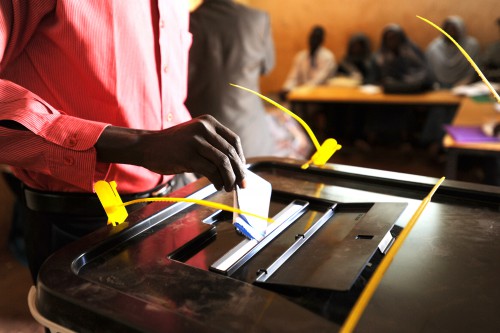 15 Elections to Watch for Peace & Security in 2015
15 Elections to Watch for Peace & Security in 2015
IPI Adviser Francesco Mancini correctly assessed that Burundi’s election posed a crucial test among many 2015 national polls. Unfortunately for the country’s citizens, the result was a wrong turn on the pathway Mancini identified between democracy and authoritarianism. Africa figured large in the electoral list, with Nigeria offering a surprise win for Muhammadu Buhari against the predicted return of Goodluck Jonathan. Elsewhere, Myanmar did indeed achieve “another step in the transition process from 50 years of military rule and civil conflicts.”
What Security Challenges Face Sub-Saharan Africa in 2015?
Security analyst Ryan Cummings’ look at the risks facing sub-Saharan Africa was unfortunately prescient in foreseeing a violent 2015 in much of the region. This included predictions that South Sudan and the Central African Republic would likely continue to experience intermittent but severe levels of violence in 2015. As the year ended, there was at least hope that a peace agreement might begin to have an effect in the former, while CAR finally held a much-delayed election, though it was apparently marred by irregular voting patterns.
10 Multilateral Events to Watch in 2015
While it bears repeating that challenges such as instability, environmental degradation, and economic stagnation defined the year for most observers, this list from Francesco Mancini containing UN reviews, regional summits, the announcement of the Sustainable Development Goals, and more highlights the constant and significant efforts also made to seek improvements to the global order. Fittingly, it ended with the Paris climate change talks, which were seen as a breakthrough for international negotiation in 2015.

